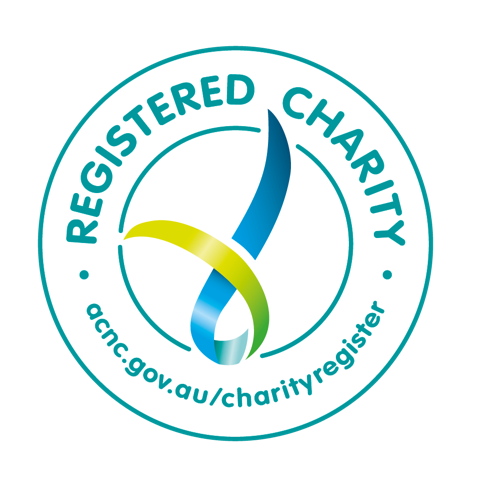- Mark as New
- Mark as Read
- Favourite
- Subscribe
- Printer Friendly Page
- Flag for Moderator
Life can feel pretty wonky right now. The world was already somewhat unpredictable and chaotic, without the presence of a global pandemic. Now in 2020, our day to day lives resemble a cringey episode of a poorly written teen series, possibly called “The Virus”, starring …well you.
We’re all putting in the hard yards to ensure our emotional wellbeing is as balanced as it can be during this once-in-one-hundred-year event. But how does a person prioritise what feels important, if they’re managing a diagnosis such as obsessive compulsive disorder (OCD)?
At times, the wider community can struggle with the meaning of OCD. According to the DSM-5, people living with OCD are troubled by recurring unwanted thoughts, images or urges (“obsessions”), as well as repetitive rituals called “compulsions”. People living with OCD are usually aware that their symptoms are irrational and excessive, but they find the obsessions uncontrollable and the compulsions challenging to reign in.
Living during a global pandemic such as COVID-19 can be downright scary. For some of us, this fear can trigger our body and mind’s immediate primal responses – we fight, we flee, or we freeze like a Paddle Pop.
Right now, some things are in our control such as social distancing, face masks and basic hygiene practices. However, when the source of our fear is not something we can necessarily control (such as job loss, recessions or relationship issues), our brain may find itself lacking the usual “calm balance” and therefore our reactions to life events may feel a little out of character.
Those living with OCD already manage recurring feelings of anxiety, over-thinking, and, at times, irrational fears. So, in current world events there can be an added layer of stress when navigating OCD recovery. However, there is also a huge opportunity for people experiencing the symptoms of this disorder to adapt their skills, normally used for coping with OCD, in such a way that supports coping with life in lockdown.
It’s not unusual for people living with OCD to have a high degree of self-awareness generally gained through therapeutic work and self-management of their symptoms. People actively working through symptoms of obsessive-compulsive disorder often learn how to take a pause and slow down their thoughts. They’re able to assess whether their current belief about a situation is true, somewhat true, or probably not true at all.
For those in OCD recovery who have learned or are learning to gently challenge or reframe habitual thinking styles, this newly gained flexibility is a skill that can be added to their mental health toolkit during challenging global experiences such as COVID19. They can then implement tangible strategies that interrupt over thinking. This might look like: meditation, using the Smiling Mind app, exercise, journaling, confiding in a peer, or professional support.
During COVID-19, many of us are finding ourselves doing a quick crash course in self-resilience strategies. But it’s quite possible that those living with OCD already have a set of skills they can leverage, to get to the other side of 2020.
Whether during COVID-19 or not, those living with OCD may still be working through common symptoms in their daily lives. If this is you, it may be helpful to know that other people are dealing with similar types of obsessions and compulsions.
Peer to peer engagement (chatting to other people in your shoes) provides a profound, all-inclusive understanding based on mutual experience. People are able to 'be' with each other in the comfort of their shared lived experience.
If you know someone affected by obsessive compulsive disorder, or you’re working through the symptoms of OCD yourself, it can be helpful to have a little ‘top up’ in the tool kit from time to time. Our SANE Forums are a safe space, moderated by mental health professionals. Within this community, you’ll find other people managing the symptoms of OCD, right here in Australia. Insight from our online peers could be a great addition to your current mental health tool kit!
Whilst managing your OCD may be exhausting, take a moment to sit with your thoughts and urges. Acknowledge that even making your way through the internet clutter to find this blog shows a strength and curiosity that only the most resilient people possess. Now you’re in this Forum, remember that connection is one of the most powerful tools at your disposal when living with mental health issues.
Our community members are here to support you through the trials of COVID-19, the symptoms of OCD, or a range of other challenges Australians may be facing currently. Feel free to comment below on your experience of living with OCD and the peaks and troughs of 2020. We look forward to connecting with you. 😄
You must be a registered user to add a comment. If you've already registered, sign in. Otherwise, register and sign in.


















